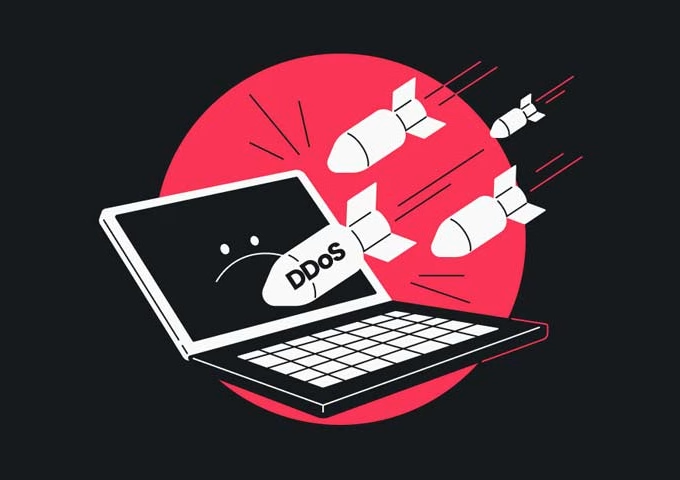In recent decades, the world of work has shifted and transformed in a number of game-changing ways. As the internet connects distant corners of the globe, expands potential employee pools, and increases productivity through collaboration, talented workers are increasingly looking for flexible remote job openings.
This trend within the workforce has caused startups and businesses to consider the potential of remote hiring to attract the best talent available. Without the limitations of borders, employers can easily hire the best individuals on the market regardless of where they are located physically. However, this growing trend also brings employers unique challenges regarding the ability to offer full-time contracts and benefits.
With every challenge comes new innovations, and hiring managers can now explore options involving employer-of-record software and outsourcing work to local service providers to retain their best staff members. Along with these options, this article explores some tried and tested strategies startups can use to build and hold on to a successful and happy remote team.
Attracting the Right Talent for Remote Work
Building a good remote team can be tricky for businesses of all shapes and sizes. Employers must be careful to hire individuals who are able to display high levels of independence, motivation, and communication. Retaining incredibly valuable and talented employees can also be extremely difficult as in many cases, startups cannot offer talent full-time employment and all the benefits that come along with it.
This is where employer-of-record entities come in. These kinds of organizations can help hire sought-after individuals on behalf of a remote company and take local legal responsibility for that employee’s payroll, taxes, and onboarding. Services like these can make it easier for startups and small businesses to hire the best candidates possible by offering them the kinds of benefits they deserve, along with the flexibility of working from anywhere they choose.
In addition to offering the best candidates full-time employment and benefits, startups also need to ensure that their work culture is attractive and they can provide staff with all the best tools needed to maximize productivity and success. Decision-makers and hiring managers cannot expect remote teams to work well together without the right tools and guidance.
Tools and Technologies for Remote Collaboration
Once the best possible team has been hired, it’s essential for startups to ensure they can communicate and collaborate effectively. Depending on the kind of services offered by the startup, communication tools like Slack or Microsoft Teams might be the most cost-efficient tools for the job.
If teams will need to track progress on tasks and collaborate on complicated projects in real-time, comprehensive project management tools such as Asana, ClickUp, or Trello might be worth investigating. There are many different kinds of tools on the market catering to the specific needs and requirements of businesses. Time spent researching the best ones will boost productivity in a variety of meaningful ways.
Building a Strong Company Culture in a Remote Team
In remote working environments, building a strong company culture is non-negotiable. If employees feel isolated and find it difficult to remain motivated and passionate about their work, they are likely to start looking for better opportunities elsewhere. For this reason, startups must work to promote a work culture that’s inclusive and closely aligns with company goals, values, and expectations.
It’s a good idea to establish good working relationships with valued remote employees as the trend of remote work continues to grow steadily and shift workplace dynamics further. Employers can provide these spaces through regular check-ins where support and feedback are encouraged without judgment.
Creating weekly or monthly check-ins where employees across the globe can meet up over Skype or Zoom to hang out in a casual setting and get to know each other can greatly improve morale and ensure individual team members feel part of a community. In addition, organizing team-building activities or special events where staff can meet face-to-face will promote elevated levels of team cohesion.











